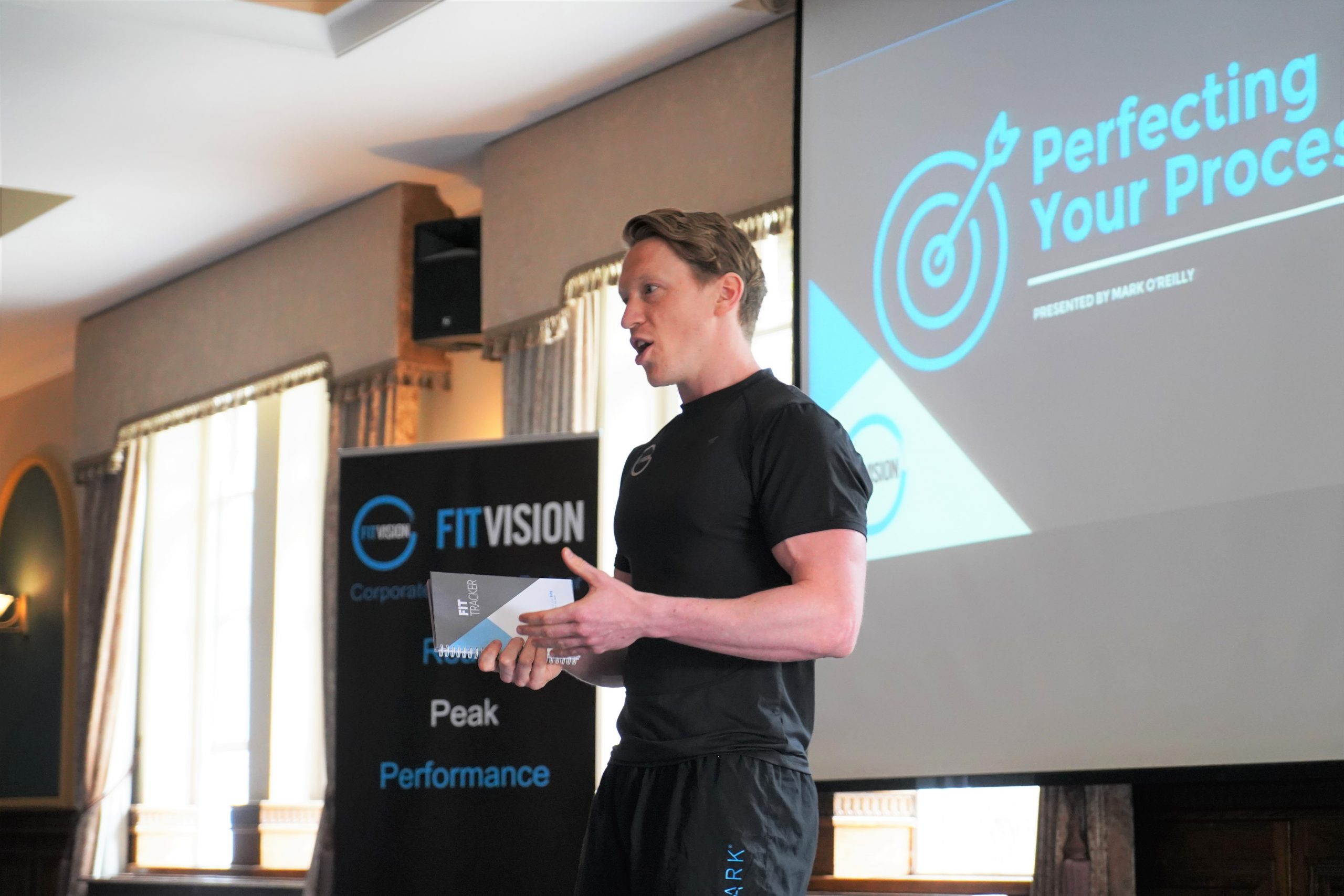Almost six years ago former footballer Mark O’Reilly was putting Paul Marchant, chief executive of Primark, through his fitness paces when talk turned to business. O’Reilly was just 23. He’d played underage soccer for Ireland, and tried to make it in England. He had recently returned from playing soccer semi-professionally in Australia, and gone into the personal training business. While in Australia, O’Reilly had seen how corporate wellness had become a booming industry. When he came back to Ireland, he started working in a Dublin gym and Marchant was one of his early clients. The two started talking and O’Reilly…
Cancel at any time. Are you already a member? Log in here.
Want to continue reading?
Introductory offer: Sign up today and pay €200 for an annual membership, a saving of €50.

